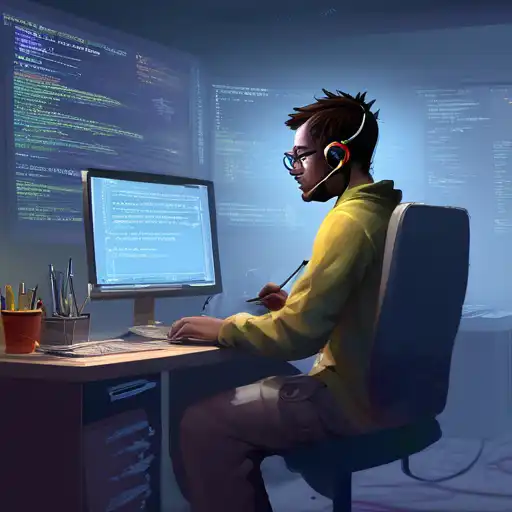Introduction to Debugging
Debugging is an essential skill for every programmer, especially for those just starting out. It involves identifying and resolving errors or bugs in your code that prevent it from running correctly. This article will provide you with essential debugging tips to help you become more efficient in solving coding problems.
Understand the Error Message
One of the first steps in debugging is to understand the error message. Compilers and interpreters provide error messages that can give you clues about what went wrong. Take the time to read these messages carefully, as they often point directly to the line of code or the nature of the problem.
Use a Debugger Tool
Most Integrated Development Environments (IDEs) come with built-in debugger tools. These tools allow you to step through your code line by line, inspect variables, and see the flow of execution. Learning how to use these tools can save you a lot of time and frustration.
Check Your Syntax
Syntax errors are among the most common mistakes new programmers make. A missing semicolon, a misplaced bracket, or a typo can cause your program to fail. Always double-check your syntax against the language's documentation or use a linter to catch these errors early.
Break Down Your Code
If you're dealing with a complex problem, try breaking down your code into smaller, more manageable pieces. Test each piece individually to isolate the issue. This approach, known as divide and conquer, can make debugging much more manageable.
Look for Help Online
Don't hesitate to seek help from online communities like Stack Overflow or GitHub. Chances are, someone else has encountered a similar issue and found a solution. Remember to search for your problem before posting a new question.
Practice Makes Perfect
Debugging is a skill that improves with practice. The more you code and debug, the better you'll become at identifying and fixing errors. Keep coding, and don't get discouraged by bugs—they're just part of the learning process.
Conclusion
Debugging is a critical skill for new programmers. By understanding error messages, using debugger tools, checking syntax, breaking down code, seeking help online, and practicing regularly, you can become more proficient at debugging. Remember, every programmer faces bugs; what matters is how you deal with them.
For more programming tips, check out our guide on programming best practices.
